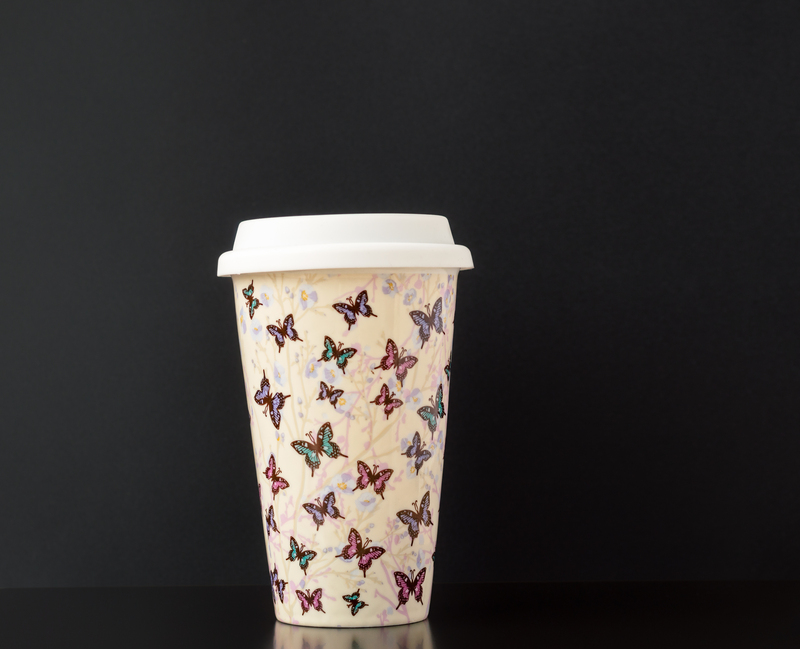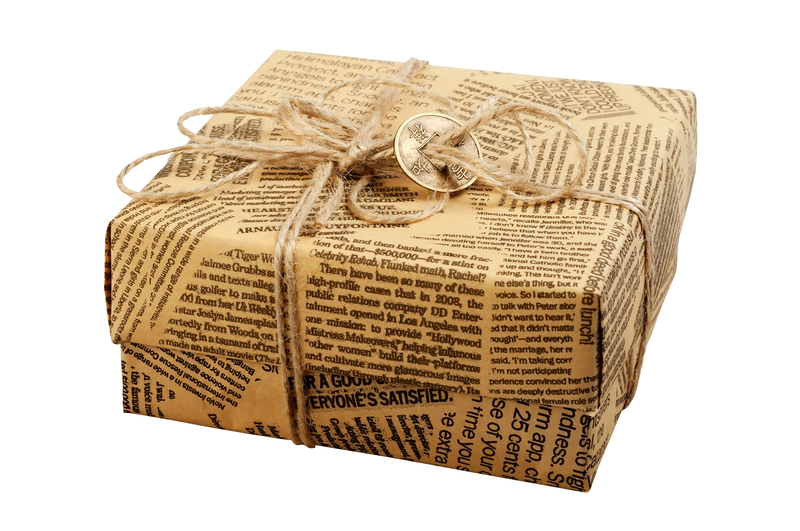Waste Not, Want Not: Inventive Upcycling Solutions For Eco Friendly Living
Upcycling is more than just a buzzword; it's a highly effective way to contribute to a healthier planet while adding creativity and style to your everyday life. In today's world of increasing environmental awareness, finding inventive upcycling solutions is not only eco-friendly, but it also empowers us to turn what we might think of as "waste" into valuable, functional, and even beautiful treasures. If you're searching for sustainable living tips, green home ideas, or innovative ways to reduce your environmental impact, keep reading for a comprehensive guide on how to transform your trash into eco-friendly triumphs!
What Is Upcycling and Why Does It Matter?
Upcycling, a key aspect of the waste not, want not philosophy, is the process of creatively transforming discarded materials or products into new items of higher quality or value. Unlike recycling--which breaks materials down and reshapes them, often degrading their quality--upcycling focuses on enhancing the original items, reducing the need for virgin resources and minimizing waste.
- Environmental Impact: Diverts waste from landfills and reduces the demand for new materials.
- Resource Efficiency: Saves energy and resources compared to traditional recycling or production.
- Creativity Unleashed: Offers endless opportunities for innovation and personalization.
Upcycling solutions are at the heart of eco-friendly living. By reimagining "waste" as a resource, we create a more sustainable future for ourselves and the generations to follow.

Why Upcycling Outshines Traditional Recycling
It's common to equate eco-consciousness with recycling, but upcycling takes sustainability a step further. Here's why upcycling is often the superior choice:
- Preserves Material Integrity: Unlike recycling, which can degrade materials, upcycling keeps items intact, maintaining or even increasing their value.
- Reduces Pollution: Fewer industrial processes mean less water, energy, and chemical pollution.
- Promotes Local Economy: Upcycled pieces are often handcrafted, supporting local artisans and businesses.
Incorporating creative upcycling ideas into your life is a fantastic way to live green, save money, and spark innovation--all while helping the environment.
Inventive Upcycling Solutions For Every Room
Let's explore practical, stylish, and eco-conscious upcycling transformations for your home and daily routine. From furniture to fashion to gardens, the possibilities are limitless.
Upcycling In the Kitchen
- Glass Jar Makeovers: Don't toss out glass jars! Clean and repurpose them as spice containers, drinking glasses, pantry storage, candle holders, or even planters.
- Wine Cork Art: Accumulate wine corks and turn them into trivets, bulletin boards, or even unique wall decor. (Tip: Use a hot glue gun for best results!)
- Tin Can Organizers: Paint or decorate old tin cans to create chic utensil holders, desk organizers, or plant pots.
Upcycling for the Garden and Outdoors
- Plastic Bottle Planters: Cut large plastic bottles in half, decorate them, and use as eco-friendly planters for herbs or flowers.
- Pallet Furniture: Wooden pallets can be easily upcycled into sturdy outdoor lounges, tables, or even vertical gardens.
- Tyre Swings and Gardens: Repurpose old tyres as playful swings for children or painted as decorative raised garden beds.
Upcycled Furniture Ideas
- Suitcase Chairs: Transform vintage suitcases into quirky chairs or side tables by adding legs and comfy cushions.
- Drawer Shelves: Attach old dresser drawers to the wall as floating shelves for a rustic, eclectic look.
- Bookshelf Benches: Reinvent wooden bookshelves as creative storage benches for entryways or mudrooms.
Upcycling Clothing & Textiles
- Patchwork Quilts: Use fabric scraps from old clothes to sew unique, cozy quilts.
- T-Shirt Totes: Turn worn tees into reusable shopping bags--no sewing machine required.
- Denim Revamps: Repurpose jeans into shorts, bags, aprons, or organizers.
Eco Friendly Upcycling Tips for Everyday Living
Integrating upcycled solutions into your daily habits doesn't have to be intimidating or expensive. Here are some simple, sustainable steps to begin your upcycling journey:
- Start Small: Pick one or two items you usually discard (like glass jars or T-shirts) and find a new purpose for them.
- Get Creative: Research designs or upcycling projects that match your skill level--many don't require advanced tools or crafting skills.
- Host a Swap: Gather friends and trade materials or upcycled creations to inspire fresh ideas and prevent waste.
- Support Upcycling Artisans: When shopping, look for upcycled, handmade, or refurbished goods to reduce demand for new raw materials.
- Educate & Share: Share your upcycling accomplishments on social media or in local groups to spark interest and spread awareness.
Inspirational Upcycling Projects To Try
Want to go green while expressing your personality? Here are some inventive, trending, and DIY upcycling solutions that embrace sustainable living--ideal for beginners and experienced "eco warriors" alike.
DIY Upcycled Lighting
- Colander Pendant Lights: Spray-paint a metal colander, wire it up, and add a bulb for a quirky, industrial-chic kitchen light fixture.
- Bottle Pendant Lamps: Cut the bottoms off colorful wine bottles, fit them with bulbs, and hang for atmospheric patio lighting.
- CD Mosaic Lampshade: Break unused CDs into small pieces and glue onto a plain lampshade for a shimmering, futuristic look.
Decorative Upcycling
- Door Headboard: Mount an old wooden door horizontally as a statement headboard for your bed.
- Jar Terrariums: Fill wide-mouthed glass jars with pebbles, soil, and plants to create low-maintenance terrariums.
- Drawer Planters: Paint and stack old drawers to make whimsical, tiered planters for your porch or garden.
The Environmental Benefits of Upcycling
Upcycling offers a wealth of green benefits, both for individuals and the planet. Here's why it's an essential part of any eco friendly lifestyle:
- Reduced Landfill Waste: By diverting objects from the garbage, upcycling alleviates pressure on landfills and waste management systems.
- Conservation of Raw Materials: Reusing existing products means fewer resources like water, trees, and energy are needed for manufacturing new items.
- Lower Carbon Footprint: Making use of local or household waste vastly diminishes overall emissions compared to producing and transporting new goods.
- Creative Consumer Culture: Upcycling encourages appreciation for craftsmanship, self-sufficiency, and mindful consumption.
Upcycling Solutions For Eco Friendly Businesses
Businesses and organizations can embrace upcycling, too. Incorporating eco friendly upcycling practices into company culture, decor, and production can reduce costs while promoting sustainability.
- Office Furniture: Refurbish desks and chairs or repurpose shipping pallets for breakroom tables.
- Marketing Swag: Use upcycled textiles or plastics for branded reusable bags and promotional items.
- Green Packaging: Ship products in upcycled boxes or with repurposed filler material, cutting down new packaging waste.
- Employee Engagement: Organize upcycling competitions or workshops to foster a culture of sustainability.
How To Find Materials For Upcycling
Sourcing raw "waste" materials is often easier than you might think. Try these sustainable suggestions for your next upcycling venture:
- Household Items: Look for worn furniture, glass jars, clothing, or containers before tossing them out.
- Thrift Stores: Hunt for affordable treasures at secondhand shops, flea markets, and charity stores.
- Freecycle Networks: Check online community boards, neighborhood groups, or apps for free materials.
- Friends & Family: Ask around; someone's trash could be your next project base!
Getting The Next Generation Involved
Teaching children about upcycling is a powerful way to foster lifelong values of sustainability and creativity. Involve them in safe, supervised upcycling projects, such as:
- Creating bird feeders from plastic bottles or milk cartons.
- Making musical instruments from tins, bottles, or old containers.
- Decorating boxes for craft supplies or toys.
By making sustainability fun and engaging, you'll inspire future eco-innovators!
Common Upcycling Mistakes To Avoid
- Overcomplicating Projects: Start simple to build skills and confidence.
- Ignoring Safety: Always use the right tools and protective equipment, especially when working with glass, metal, or power tools.
- Using Non-Eco-Friendly Materials: Avoid toxic paints or glues--opt for natural, biodegradable, or recycled crafting supplies.
- Letting Projects Pile Up: Focus on finishing one upcycling project at a time, so items don't turn into clutter.

Upcycling & The Circular Economy
Upcycling is a significant driver of the circular economy, an economic system aimed at eliminating waste and the continual use of resources. Instead of a "take-make-dispose" model, the circular economy emphasizes:
- Designing for longevity and repair.
- Maximizing materials' lifecycle through reuse and upcycling.
- Reducing dependency on finite resources.
When you choose inventive upcycling solutions, you directly support the circular movement, closing the loop and reducing global waste.
Conclusion: Waste Not, Want Not--Every Action Counts
Living environmentally has never been more important--or more accessible. By adopting inventive upcycling solutions for eco friendly living, you conserve resources, reduce waste, and foster creativity within your community. Whether you're refurbishing old furniture, crafting recycled art, or reusing glass jars, every act of upcycling makes a difference.
Start today: open your recycling bin, look around your home, or visit a local thrift store for inspiration. Let the waste not, want not mantra guide your journey toward a greener, cleaner, and more vibrant world. By championing eco-friendly upcycling ideas, you help build a sustainable tomorrow--for yourself and future generations.
Ready to Upcycle? Share Your Creations!
What inventive upcycling ideas have you tried? Leave your tips, stories, or photos in the comments, and inspire others to join the eco-revolution!